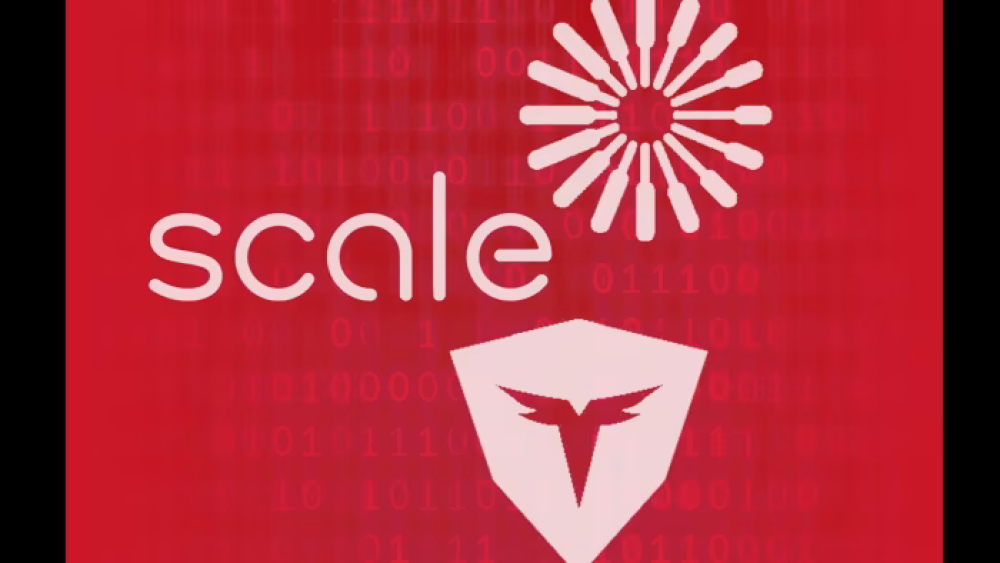
Các công ty AI đang chuyển từ thuê lao động giá rẻ ở châu Phi và châu Á sang chi mạnh cho chuyên gia cao cấp
-
Các công ty AI hàng đầu như Scale AI, Turing và Toloka đang từ bỏ mô hình thuê lao động giá rẻ tại châu Phi và châu Á để chuyển sang tuyển dụng chuyên gia được trả lương cao trong các lĩnh vực như sinh học, tài chính, vật lý và lập trình.
-
Lao động dán nhãn truyền thống từng được trả dưới 2 USD/giờ để thực hiện các nhiệm vụ đơn giản như xác định vật thể trong ảnh, loại bỏ nội dung phản cảm, mô tả hình ảnh, hoặc chọn câu trả lời trôi chảy.
-
Tuy nhiên, các mô hình AI mới như OpenAI o3 và Google Gemini 2.5 yêu cầu loại dữ liệu huấn luyện có độ phức tạp cao, dẫn đến sự thay đổi hướng sang “dữ liệu từ chuyên gia thật sự”.
-
Dữ liệu chất lượng từ chuyên gia hiện đóng vai trò thiết yếu giúp các mô hình AI giải quyết bài toán tư duy (reasoning), lập luận theo chuỗi (chain-of-thought) và đưa ra lời giải như con người.
-
Toloka cho biết phần lớn công việc gán nhãn thủ công có thể tự động hóa, và các dự án mới cần chuyên gia kiểm tra chất lượng nội dung AI tạo ra.
-
Turing AI cho biết họ trả cho chuyên gia cao hơn 20-30% so với lương hiện tại để thu hút nhân lực hàng đầu từ nhiều lĩnh vực.
-
Ví dụ, một bài toán vật lý cần cả nhà vật lý, kỹ sư phần mềm và nhà khoa học dữ liệu hợp tác xây mô phỏng, viết mã, kiểm thử, và phân tích kết quả.
-
Meta đã đầu tư 15 tỉ USD vào Scale AI vào tháng 6/2025, nâng định giá công ty lên 29 tỉ USD. Turing gọi vốn 111 triệu USD vào tháng 3, và Toloka được Bezos rót 72 triệu USD vào tháng 5.
-
Turing nhấn mạnh mục tiêu hiện nay là mô phỏng quá trình con người thực hiện công việc tri thức để huấn luyện AI làm tốt hơn cả chuyên gia đa ngành.
📌 Ngành AI đang bước vào giai đoạn thay máu toàn diện khi lao động giá rẻ dán nhãn dữ liệu bị thay thế bởi chuyên gia được trả lương cao nhằm tạo ra bộ dữ liệu huấn luyện tinh vi hơn. Việc này giúp các mô hình mới vượt qua rào cản lập luận phức tạp và tiến gần hơn đến siêu trí tuệ. Các công ty AI sẵn sàng chi hàng tỷ USD cho dữ liệu chất lượng, không chỉ cho máy tính và mô hình.
--> Việt Nam cần chuyển dịch từ cung cấp nhân công giá rẻ sang đào tạo lực lượng chuyên gia có khả năng tham gia chuỗi giá trị AI cao cấp, đồng thời hỗ trợ khởi nghiệp AI và tăng cường hợp tác liên ngành để không bị bỏ lại phía sau.
https://www.ft.com/content/e17647f0-4c3b-49b4-a031-b56158bbb3b8
AI groups spend to replace low-cost ‘data labellers’ with high-paid experts
Thảo luận
Follow Us
Tin phổ biến



